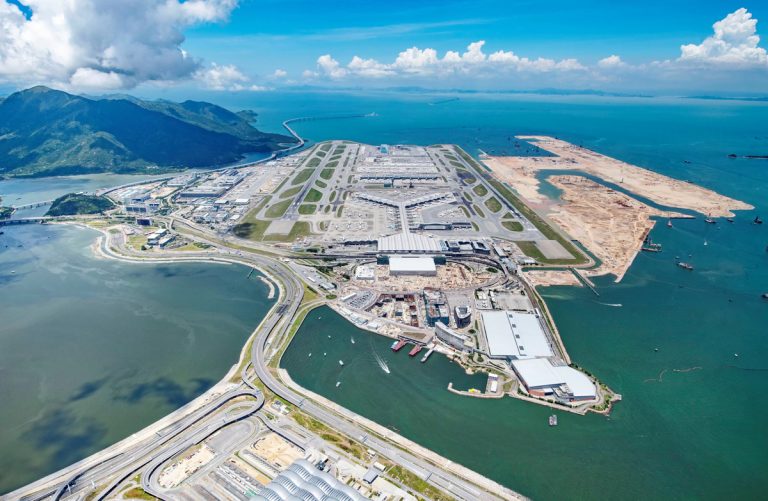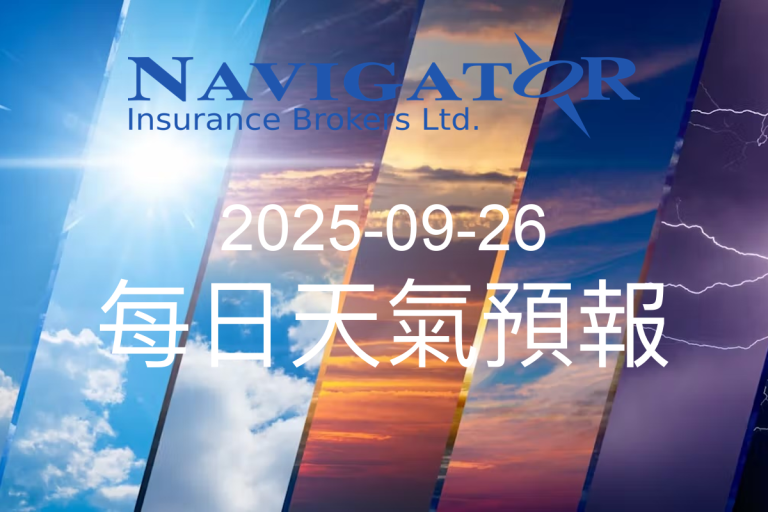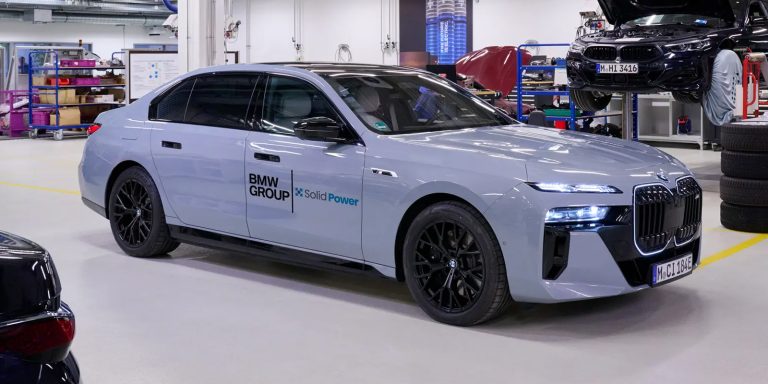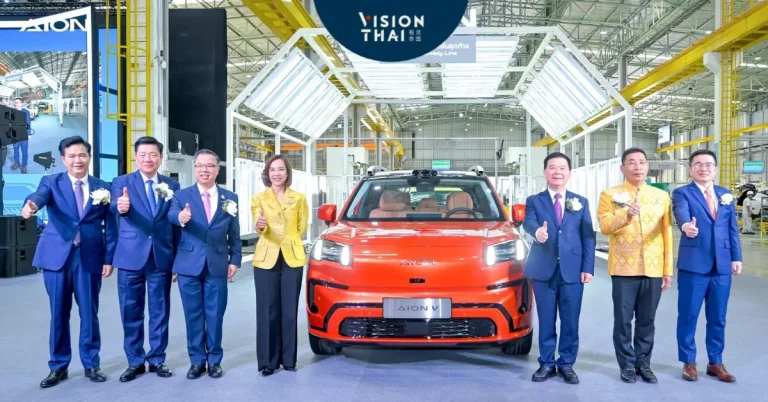In today’s increasingly competitive global automotive market, GAC Group is demonstrating through concrete actions what a high-quality internationalization strategy looks like. In July this year, the company entered the top three in the Hong Kong electric vehicle market for the first time, with 303 units sold and 236 units registered. This is not just a sales figure; it marks a significant breakthrough.
Hong Kong, as a “lighthouse market” for Chinese car exports, holds special significance. GAC views this market as a “bridgehead” for its global strategy. This top-three achievement is not only a testament to sales success but also reflects comprehensive recognition of the company’s product quality, brand strength, and systemic capabilities. This success is no accident but the inevitable result of a deep focus on localization.

In fact, GAC’s overseas expansion has shown remarkable effectiveness. Beyond the Hong Kong market, the company has performed exceptionally well in other right-hand drive markets. In Singapore, GAC secured the fourth position in the electric vehicle market and the second among Chinese brands in June. In Thailand, the company maintained third place in the electric vehicle market in the first half of the year, with the AION UT model achieving the impressive feat of delivering 1,000 units in just 39 days.
The performance in the internal combustion engine (ICE) vehicle market is equally strong. In Kuwait, GAC ranked third in overall sales from January to May. In Lebanon, the Yingsu model topped the A0 SUV segment. In Egypt, the Yinguole model holds a 25.6% market share in its segment. In Bolivia, GAC was the leading Chinese brand in July sales. These figures clearly demonstrate the success of GAC’s “local for local” localization strategy.

GAC’s international layout is not limited to sales but also focuses on infrastructure development. In June 2025, GAC’s smart factory in Indonesia will be completed and operational, with a future production capacity of 50,000 units. In the same month, the company will open a flagship experience center and battery service center in Thailand, implementing a dual-track operational model of “sales + energy services.” Data shows that from January to July 2025, GAC’s international wholesale sales increased by 45% year-over-year, while retail sales grew by 64%.
The company’s chairman, Feng Xingya, has clearly defined four key directions for internationalization: “quality export, technology export, service export, and ecosystem export,” with “systematic victory” as the core competitiveness. The goals are very clear: to enter 100 countries/regions, achieve annual exports of 500,000 units, and lead the development of the global automotive industry ecosystem.

Behind these achievements is GAC’s firm execution of its globalization strategy and a deep understanding of local operations. Through successes in benchmark markets like Hong Kong, the company is setting new standards for Chinese car brands in the international market, showcasing the global competitiveness and innovative potential of Chinese car brands.









